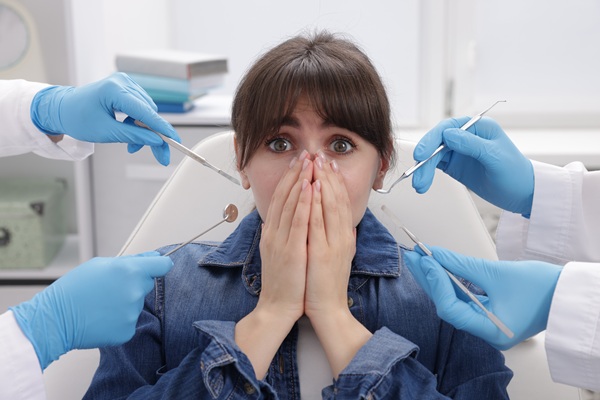Everything You Should Know About Dental X-Rays

Every adult patient has likely received a dental X-ray in their lifetime. This trusted imaging technology helps to get a deeper view of the teeth and jaw. Dentists use X-rays to evaluate the oral health of their patients and to spot any issues that cannot be determined through a visual examination.
What are dental X-rays?
Also known as radiographs, X-rays have been used in the dental field for decades. Dental X-rays use very low levels of radiation to capture images of the interior of the teeth and gums. A beam of particles is concentrated into the tissue, producing an image onto a metal film. The soft tissue, like skin and gums, are not able to absorb the high-energy rays, so the beam passes right through them. Denser materials, such as teeth and jawbone, absorb the radiation. This is how the image is created.
Problems spotted with X-rays
After a thorough visual examination, the dentist will most likely request a dental X-ray. Many teeth and jaw issues cannot be detected by the naked eye alone. Cavities between teeth, deep-rooted decay, jaw abscesses and pulpitis (the infection of the tissue inside a tooth) can only be seen with the help of a dental X-ray.
How often should I get a dental X-ray?
Dental X-rays are typically performed every year. The dentist may recommend more frequent dental X-rays if there is a diagnosed issue in the teeth or jaw to track the healing process. The frequency at which any patient receives an X-ray of their teeth depends on a variety of factors, including age, current oral health, signs of oral disease and a history of teeth issues or gum disease. Those with deeply grooved teeth have a higher risk of cavities, so patients with oddly shaped teeth will need more frequent X-rays.
Are there any risks associated with dental X-rays?
Although dental X-rays work by using radiation, the amount of radiation is so minimal that it does not have any adverse effects on healthy adults and children. Digital X-rays are even safer, emitting lower radiation than the images projected onto film.
A special garment is placed over the chest, abdomen and upper pelvic region to reduce unnecessary radiation to the rest of the body.
Women who are pregnant are the one exception to the rule. Women who are pregnant should not receive any kind of X-ray, as the amount of radiation is not considered completely safe for developing fetuses.
Types of X-rays
There are many different kinds of dental X-ray, but the most popular dental X-ray, and the one that most patients are familiar with is the bitewing X-ray. This technique involves biting down on a special piece of paper held in place by a large plastic holder. Bitewing X-rays are typically used to check for cavities between teeth.
Using technology for better dental care
At our practice, we put our patients first. That means having the most up-to-date equipment and friendly staff who walk you through every step in the process. If you think it is time for a checkup and X-ray, we can help you out. Call our office to set up an appointment today.
Request an appointment here: https://www.oaktreefamilydental.com or call Oak Tree Dental at (703) 763-5239 for an appointment in our McLean office.
Check out what others are saying about our services on Yelp: Read our Yelp reviews.
Recent Posts
Dental anxiety is a common issue that affects people of all ages. This term refers to the fear, anxiety, or stress of dental visits. There are several misconceptions about dental anxiety, leading to additional fear or avoidance of necessary dental care. By separating facts from fiction, patients can better understand this condition and go to…
Dental implants provide a long-lasting solution for missing teeth, offering functional and aesthetic benefits. Whether replacing a single tooth or supporting a full arch, dental implants help restore confidence and improve oral health. Understanding the essential facts about this treatment can help patients make informed decisions.Dental implants look, feel, and function like natural teeth. The…
Dental implants are a long-term solution for missing teeth, providing durability, functionality, and a natural appearance. While they offer many benefits, proper care is essential to ensure long-term success. After undergoing the implant procedure, patients should be aware of key recovery steps and maintenance guidelines to protect their investment.The healing process after dental implants involves…
A chipped tooth can affect your smile's appearance and oral health, leading to discomfort, sensitivity, and self-esteem issues. Fortunately, there are several effective options to restore a tooth's natural look and strength. A variety of treatments are available, depending on the severity of the chip, its location, and your treatment goals.A chipped tooth can result…


